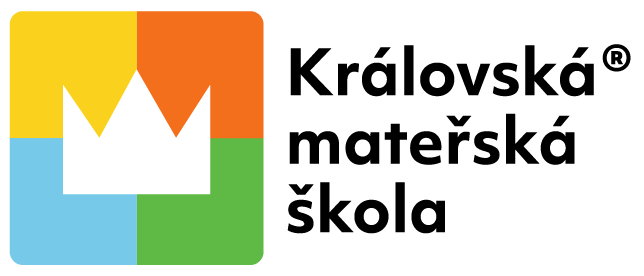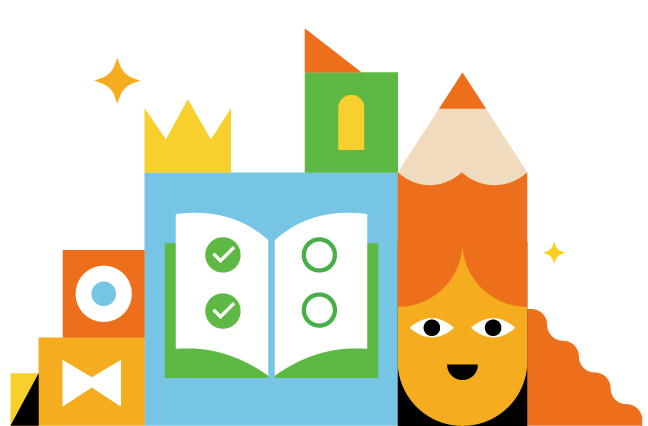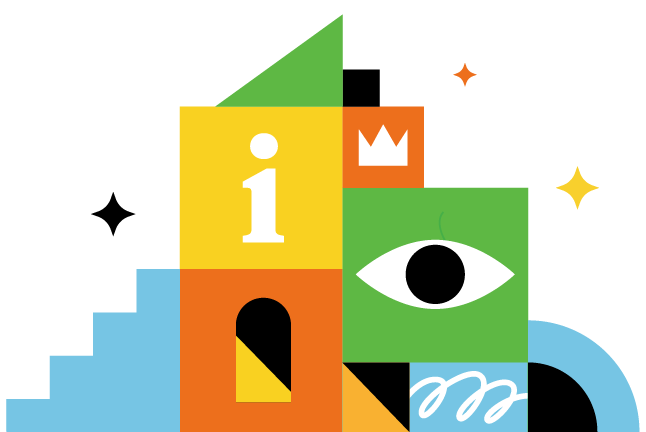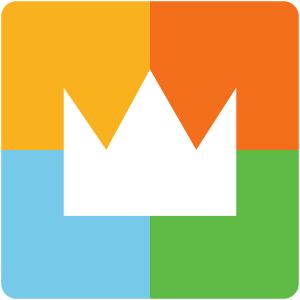Dear parents, the complete school education plan is ready for you to view after logging in to our “Parent section“, you can find it in the Information for parents section.
School uniforms
Wearing school uniforms is mandatory in our Royal kindergarten only for children in the Blue Crowns class – Pre-schoolers. Children feel that they are part of



